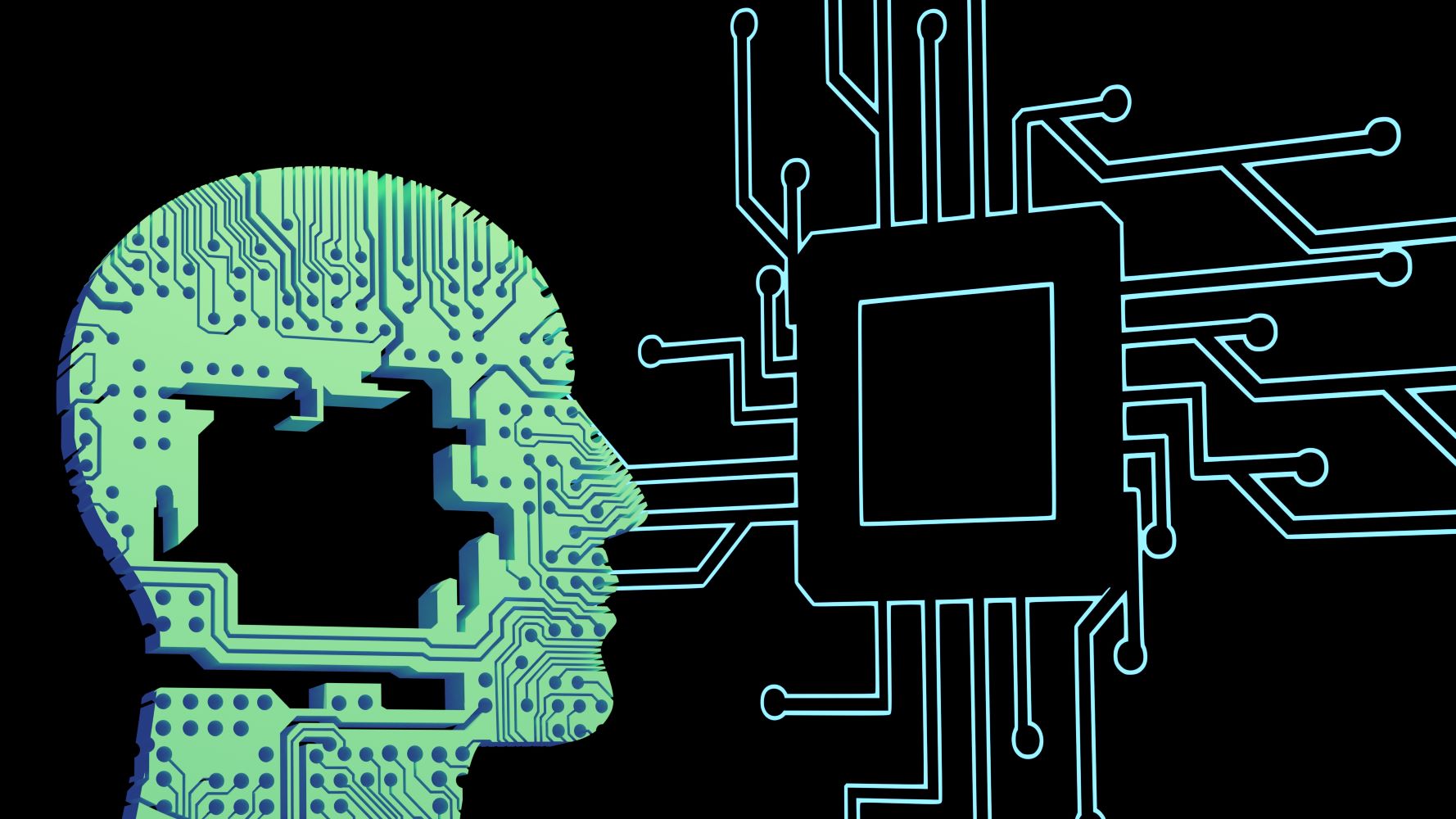
Generative AI Poised to Revolutionize Healthcare Delivery & Life Sciences Research
Key Points:
- Generative artificial intelligence (AI) technology has the potential to transform healthcare delivery and life sciences productivity
- Improvements in patient outcomes and research efficiency are expected as a result of generative AI
Generative AI’s Impact on Healthcare and Life Sciences
Generative artificial intelligence (AI) technology may revolutionize healthcare delivery and life sciences productivity by improving patient outcomes and research efficiency. The use of generative AI in these fields can lead to more accurate diagnoses, personalized treatment plans, and accelerated drug discovery.
Brett Blackman, an expert in trading, healthcare integrations, and data analytics, comments, “Generative AI has the potential to significantly impact healthcare delivery and life sciences research. By leveraging this technology, healthcare providers and researchers can improve patient outcomes, streamline processes, and drive innovation in the industry.”
Must-Know: The Importance of Generative AI in Healthcare and Life Sciences
Generative AI is poised to play a crucial role in the future of healthcare and life sciences. As Brett Blackman emphasizes, “The adoption of generative AI in healthcare and life sciences can lead to more accurate diagnoses, personalized treatment plans, and accelerated drug discovery. This technology has the potential to revolutionize patient care and improve healthcare outcomes.”
By embracing generative AI, healthcare organizations and researchers can enhance the quality of care and support provided to patients. As the healthcare sector continues to evolve, we can expect to see further advancements in healthcare technology and improved outcomes for patients and healthcare providers alike.
Orginal article: Link To Article – provided by Brett Blackman